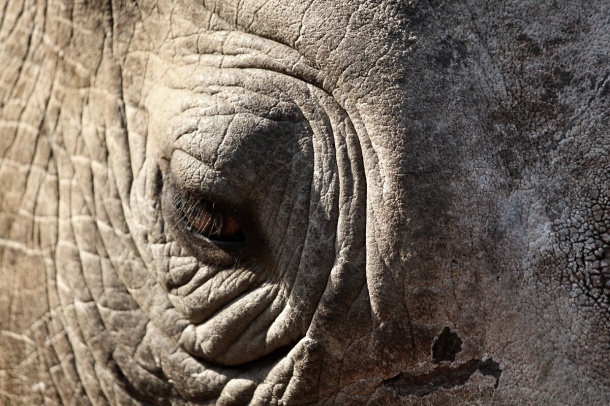To trade or not to trade in their horn, rhinos are subjects of a life.

The debate on whether or not to legalize trade in rhino horn is largely a philosophical one that mostly takes place in air-conditioned rooms while the rhino slaughter continues to spiral out of control to a point where estimations say that we are losing at least 1 rhino every 9-11 hours. Philosophical debates are expensive and time consuming and whether you are anti- or pro- rhino horn trade there is an agreement that rhinos need to be conserved. This common ground is an ideal place to start when trying to protect rhino populations. But instead of saving these majestic creatures for their monetary worth or any other sort of value they may hold for the human race, why not conserve them for their inherent worth? Why not conserve rhinos, and all other wildlife, solely for the reason that they are subjects of a life?
This sounds like an absurd notion as it essentially means that the life of a rhino and that of a person would be of equal value, rhinos would no longer be subordinate to people, and it sounds even more far-fetched when you get into the legalities of it. However, this also means that killing a rhino in cold blood would be prosecuted as murder, a definite win for the fight against rhino poaching and other forms of environmental crimes. This notion also conforms to principles that can be said to govern all existence on Earth, principles of ecology that do not see one species as more important than the next. Absurd as this notion sounds it is also the same one that anti-poaching teams live and at times die by. Consciously or not they subscribe to this belief; to risk your life day and night to save rhinos is to see the value of their lives to be equal to yours. To physically defend an animal that can never do the same for you when poachers start shooting is to see that animal to be a subject of a life deserving to live freely, to see them as having inherent value.
This is not to take away from the importance of philosophical debates or even fund raising campaigns and organisations as they have often initiated important dialogues and many great movements; movements such as the Global March for Lions, Elephants and Rhinos that unites more than 110 cities in order to raise global awareness about wildlife crimes This is to stress the concept of inherent value and emphasize that the value of rhinos and other organisms should not be linked to their usefulness to people. The concept may seem unrealistic but when one thinks about it more deeply it may not be so. Who is more unrealistic between those who spend years debating one topic while enjoying catered meals as many governments often do or those who trade air conditioning for outdoor gear and protect the very animals that others have spent years debating on how to best conserve?
– Fortunate M. Phaka
Lots of people don’t want to accept this but this argument has very little to do with the preservation of rhino but rather about the preservation of a human psyche which we’re scared to admit is (almost) lost.
See opening trade in the horn means that we’ve silently accepted that we’re assholes by nature and will only preserve things that can benefit us financially as a humans species, and not opening the trade means we can preserve the idea that some things are valuable even if they don’t financially benefit mankind.
It’s a good point your are raising there Zee Cube. Most people will not preserve anything unless there is financial incentives involved. Considering that opening trade of poached wildlife products has proved unsuccessful in the past (i.e. with abalone), what is your standpoint when comes to the rhino horn debate?